News

Fuel during festive season : Order to CPC, LIOC & Sinopec
The Ceylon Petroleum Corporation (CEYPETCO), Lanka Indian Oil Corporation (LIOC) and Sinopec Energy Lanka have been directed to maintain 50% of their relevant fuel stocks, at minimum, at all filling stations.
Accordingly, State Minister of Power and Energy D.V. Chanaka disclosed that the relevant directive was issued by Minister Kanchana Wijesekera in a bid to avoid any shortages during the festive season.
Meanwhile, the Fuel Distributors’ Association, too, guaranteed that fuel supply at all filling stations will remain uninterrupted during the festive season.
On Friday (22 Dec.), Minister Wijesekera revealed that the Ceylon Electricity Board (CEB) has been instructed to suspend all planned power interruptions for non-essential maintenance work on weekends and during the holiday season, in order to ensure an uninterrupted supply of electricity.
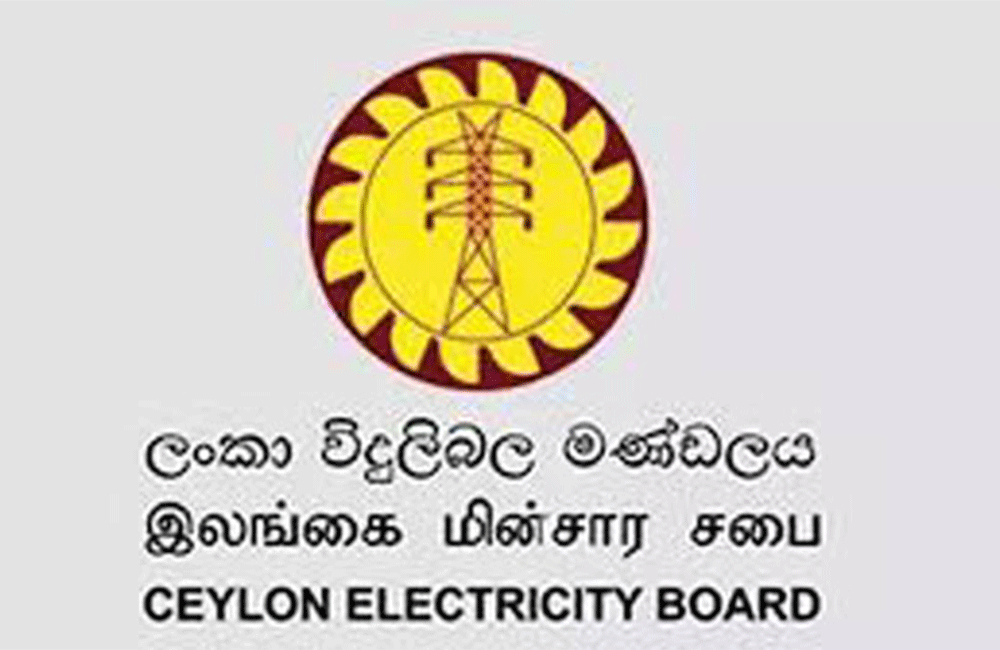
CEB salary bonus & Increments : New directive from Minister
Minister of Power and Energy Kanchana Wijesekera has instructed the Ceylon Electricity Board (CEB) not to pay bonuses, incentives or salary increments for CEB employees for the year 2023.
In a letter addressed to the CEB officials, the minister also requested to discontinue the 25% salary increment paid every three years, for this year as well.
Minister Kanchana Wijesekera has issued the directives in a bid to reduce the cost of operations and administration.
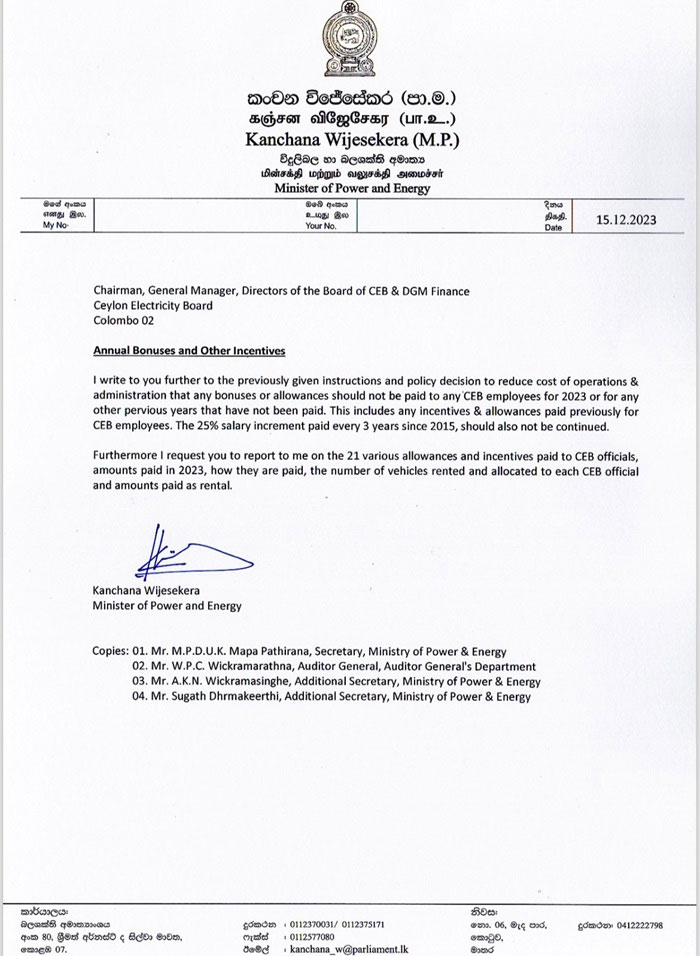
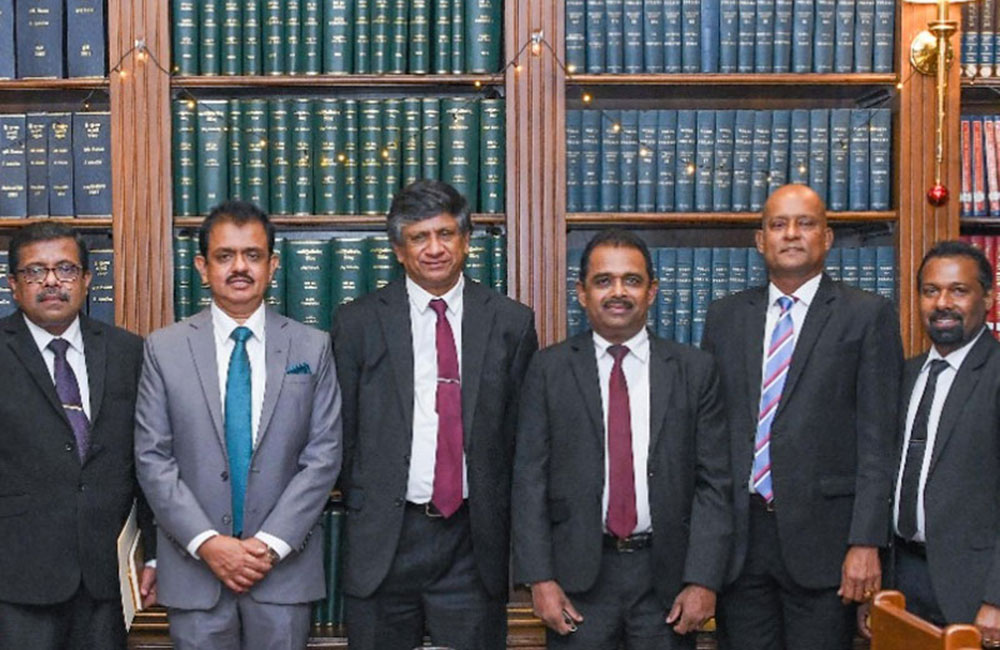
Wickremesinghe Appoints 10 New Ministry Secretaries
President Ranil Wickremesinghe appointed several new Ministry Secretaries and two Chief Secretaries.
The appointments will be effective from the 1st of January 2024, said the President's Media Division.
Ms. Wasantha Perera has been appointed as the Secretary to the Ministry of Education
M. N. Ranasinghe was appointed as the Secretary for the Ministry of Justice, Prisons & Constitutional Reforms. He was the Former Education Ministry Secretary.
Gunadasa Samarasinghe has been appointed as the Secretary for the Ministry of Wildlife & Forest Resources Conservation
A.C. Mohammad Nafeel was appointed as the Secretary for the Ministry of Water Supply & Estate Infrastructure
W.P.P. Yasaratne has been appointed as the Secretary for the Ministry of Public Administration, Home Affairs, Provincial Councils & Local Government
Saman Darshana Pandikorala has been appointed as the Secretary for the Ministry of Irrigation.
In addition, B. K. P. Chandrakeerthi was appointed as the Secretary to the Ministry of Education.
Dr. Sulakshana Jayawardena was appointed as the Secretary to the Ministry of Power and Energy.
Engineer Ranjith Rubasinghe was appointed as the Secretary to the Ministry of Transport and Highways.
Dr. Dharmasri Kumaratunga was appointed as the Secretary to the Ministry of Technology.
Moreover, the President appointed several new Chief Secretaries as well.
R. M.W. S. Samaradiwakara was appointed as the Chief Secretary of the North Central Province.
S. L. D. K. Wijesinghe was appointed as the Chief Secretary of the Western Province.
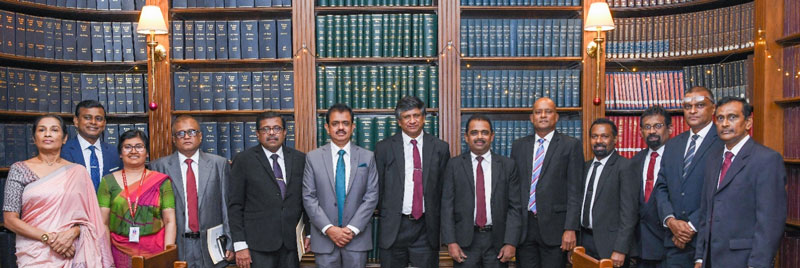
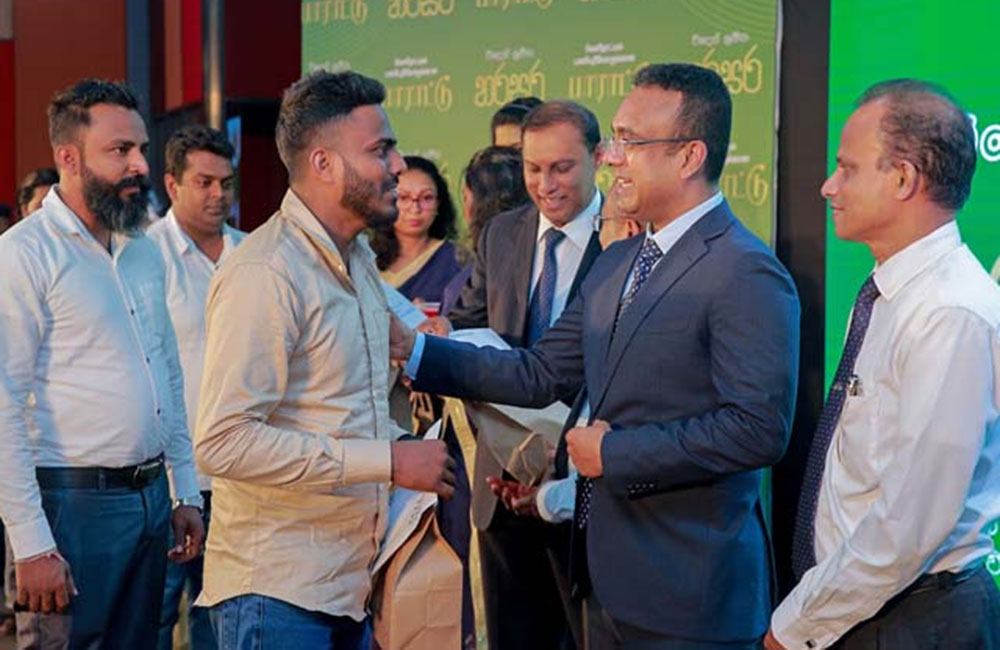
First batch of Sri Lankan farm workers head to Israel
The first group selected for jobs in the agricultural sector in Israel left from Katunayake Airport for Israel last night (18).
Thirty people were included in this group, and another group of twenty people will leave for Israel this morning (19), with an additional group of thirty people scheduled to be sent to Israel tonight (19).
Air tickets for the first batch of workers were handed over by Minister Nanayakkara at a ceremony held yesterday to mark International Migrant's Day. During the event, he said that according to a bilateral agreement between the two countries, 10,000 workers will be able to fly to Israel in the next few weeks.
The Minister emphasized that there is no need to give money to any party for these jobs. Therefore, even if it is discovered after going abroad that someone has paid money to obtain these job opportunities, they will be brought back, as both governments have reached an agreement on the repatriation of those who have paid money.
In addition, the Minister further stated that Israel has agreed to hire twenty thousand workers for job opportunities in the construction sector.
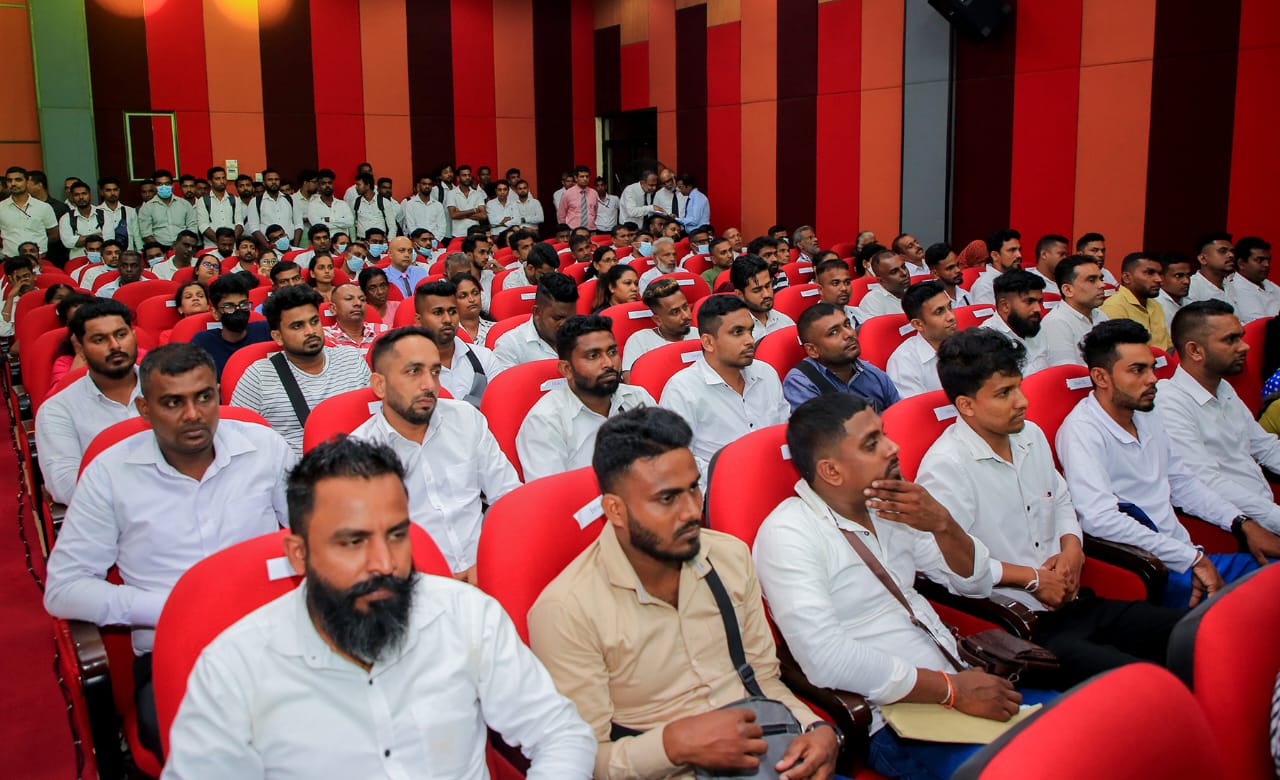
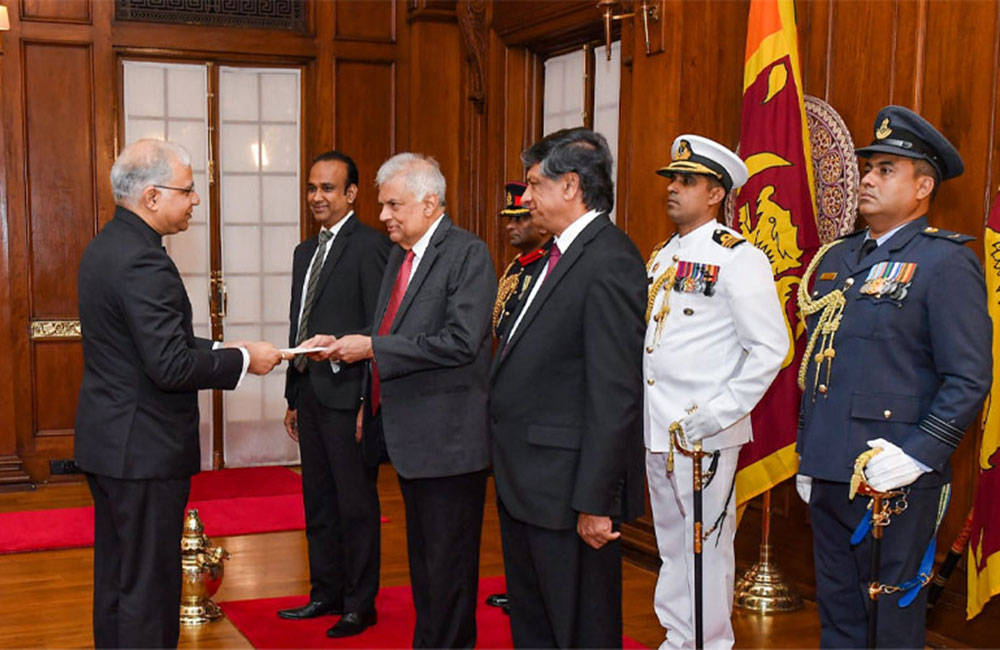
New Indian envoy expresses commitment to foster closer collaboration with Sri Lanka
New High Commissioner of India to Sri Lanka, Santosh Jha on Friday (Dec.22) expressed his commitment to strengthening the special friendship between the two countries, while fostering closer collaboration in trade, investment, energy, connectivity and other areas.
Mr. Jha presented credentials to Sri Lankan President Ranil Wickremesinghe in a diplomatic ceremony held at the Presidential Secretariat in Colombo earlier in the day, marking the official commencement of his tenure here.
His most recent assignment prior to the posting in Sri Lanka was at the Embassy of India in Brussels, where he served from July 2020 until December 2023. Jha has the experience of serving as a member of negotiating teams for Free Trade Agreements (FTA) with Sri Lanka and the European Union respectively.
As the new high commissioner to its neighbouring island nation, Mr. Jha is poised to further strengthen the bilateral ties between India and Sri Lanka, fostering cooperation and collaboration in various domains, the President’s Media Division (PMD) said in a press release.
In the guest book of President Ranil Wickremesinghe, Mr. Jha conveyed that India and Sri Lanka share deep-rooted bonds in history, geography, culture and people-to-people ties.
He highlighted the growth of ties in political, economic, and security fields over the decades, emphasizing India’s role as Sri Lanka’s close neighbour, largest trade partner and a key development partner.
Mr. Jha aligned his goals with the Vision Statement agreed upon by the leaders of both nations, expressing confidence that their cooperation will lead to shared prosperity, progress and regional stability.
The new Indian envoy thanked President Wickremesinghe for the warm welcome and looked forward to constructive engagements in the future.
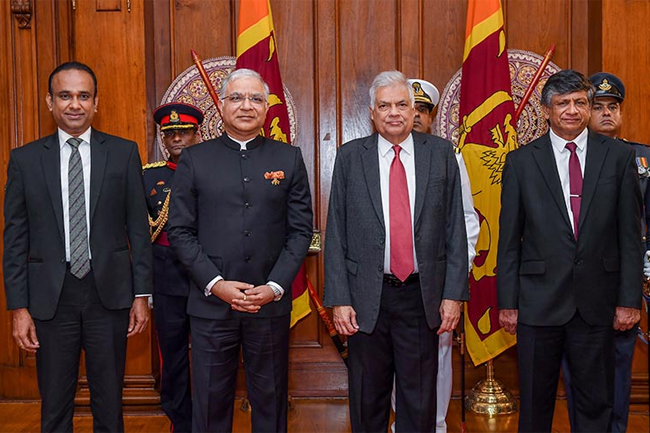

President Ranil speaks to Indian singing competition winner SL’s Kilmeesha
President extends congratulations to Sri Lankan Kilmeesha Uthayaseelan on victory in Indian singing competition
In a gracious gesture, President Ranil Wickremesinghe conveyed his heartfelt congratulations to the Sri Lankan talent Kilmeesha Uthayaseelan, who emerged victorious in the “Sa Re Ga Ma Pa Li’ Champs Season 03” reality competition hosted by the “Zee Tamil” channel in the state of Tamil Nadu, India.
Hailing from the Jaffna region, the 14-year-old girl has made history as the first Sri Lankan girl to clinch victory in an Indian reality competition.
President Wickremesinghe personally reached out to Kilmeesha Uthayaseelan via phone to commend her exceptional skills and acknowledge the honour she has brought to the nation.
In addition to recognizing her achievement, the President conveyed his blessings for her on-going educational pursuits and extended compliments for her promising future in the field of music.
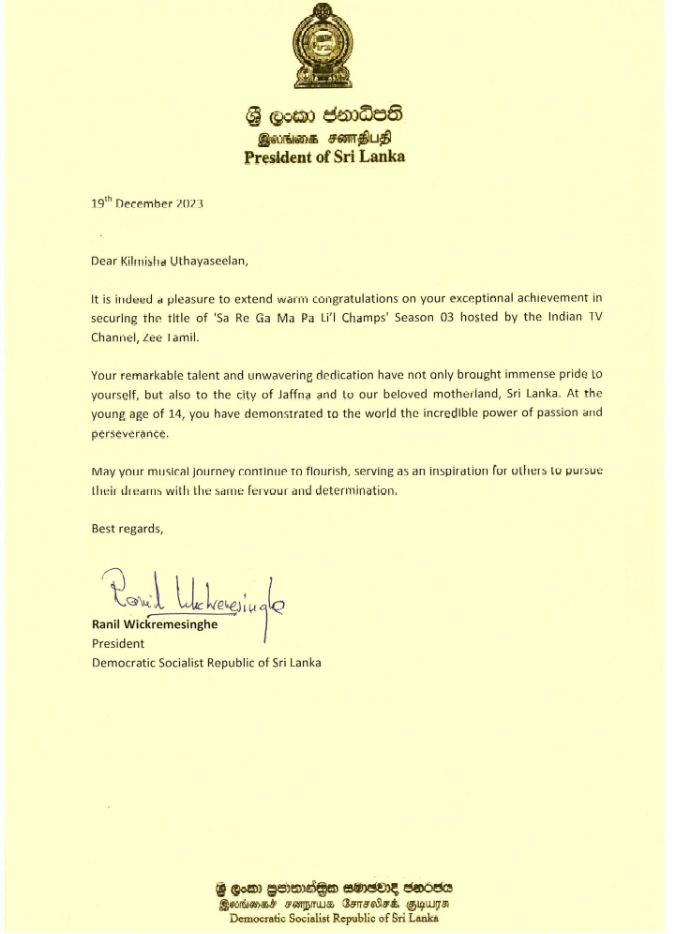
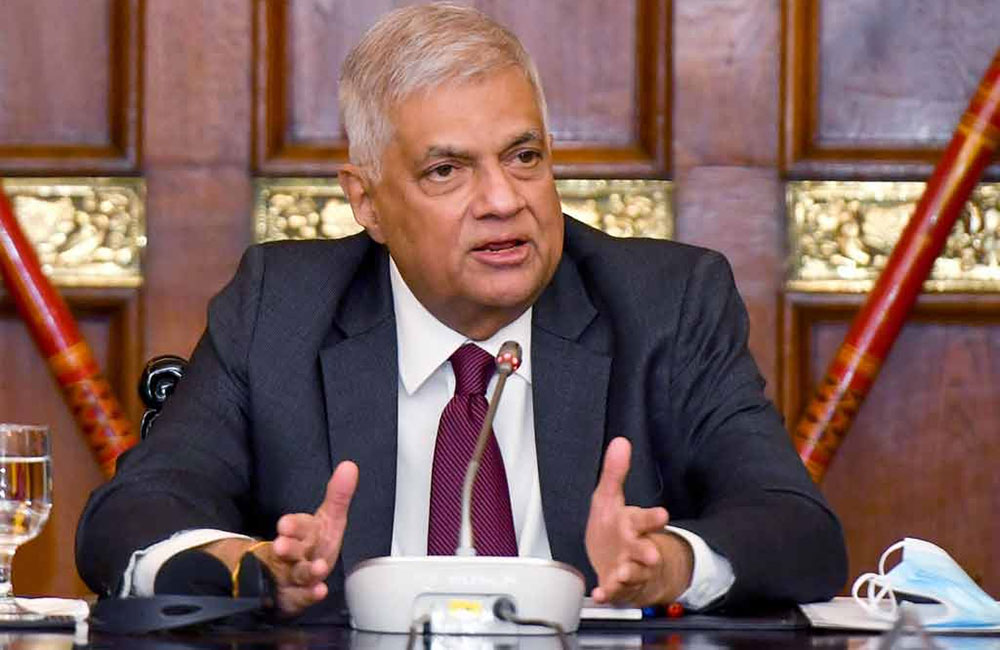
Districts allocated Rs. 11,250 Million in Decentralized Budget after 3 Year
President Ranil Wickremesinghe announced today that the district decentralized budget for this year amounts to Rs. 11,250 million, marking a significant allocation after a hiatus of three years. The funds are slated to be disbursed to all district secretaries during the initial week of January.
This declaration came during a discussion held at the Presidential Secretariat earlier this morning (21) with the District Coordinating Committee Chairpersons. President Wickremesinghe underscored the adverse impacts of the economic crisis and the COVID-19 pandemic on the rural economy and the tourism sector, attributing the setbacks to the absence of a decentralized budget for districts over the past three years.
Expressing the government’s commitment to expedite projects and support rural communities, the President directed the committee chairpersons to prioritize development activities aimed at uplifting the rural economy. He emphasized the importance of unity among officials, urging them to collaborate on a cohesive development agenda without division between the central government and provinces.
In line with the 2024 budget estimate, the district committee chairpersons were briefed on the planned distribution of development funds for each district.
Expressing his views further President Wickremesinghe said;
For the past three years, there has been a significant absence of government capital expenditure, affecting both the central government and all provincial councils. This hiatus has led to a substantial economic downturn at the village level, causing the collapse of numerous local businesses and exacerbating the challenges faced by the tourism industry.
We must reconstruct the grassroots economy and this time, a substantial decentralized budget has been allocated. These funds are distributed to every district. At the regional division level, it is imperative to engage with representatives and solicit proposals for development activities.
In addition to the funds allotted to each district, extra financial support will be directed towards the upcountry areas. We anticipate allocating these resources for the development of the upcountry areas over the next 05 to 06 years, with a specific focus on the advancement of underdeveloped Sinhalese and Tamil villages in the upcountry area.
Furthermore, funds have been earmarked for provincial councils, ministries have been allocated capital funds, and various projects are underway with foreign aid. It is crucial to eliminate obstacles hindering the resumption of these projects and ensure that facilities are provided at the grassroots level.
Restarting development work that has been dormant for the past 03 years is a challenging task. There are also projects being carried out under foreign debt concessions that need to be recommenced. Although these projects have different timelines, we must initiate them simultaneously, requiring the collaboration of all officers. Additionally, the insights and suggestions of MPs and political representatives are essential.
In this endeavour, the chief secretary of each province, district secretaries, and central government officials should work harmoniously as a cohesive team. The governor, chief secretary, chairpersons of the new provincial committee, and chairpersons of the district coordination committees should oversee these activities on a monthly basis.
The primary aim of all these endeavours is to bring about tangible benefits for the villagers. This program needs to be executed in a manner that injects financial resources into the villages. While advancing the overall national economy, it is equally crucial to uplift the economic status of the villages.
Furthermore, through the agricultural modernization program, we anticipate a significant increase in agricultural production over the next two years. The goal is not only to boost agricultural output but also to establish a competitive agricultural sector, with the mid-term benefits directly impacting the village economy.
To ensure the effective implementation of these activities with a focus on the village economy, the responsibility is placed on the chairmen of the district coordination committees. In instances where there are unresolved issues, these can be brought to the attention of the committee led by the Prime Minister for solutions. Failing that, I propose discussing these matters in the Cabinet.
Mr. Prasanna Ranatunga, Minister of Urban Development and Housing and Chief Government Whip;
The concept, as envisioned by the Honourable President, has undergone extensive discussions among the Cabinet and ruling party members regarding the decentralized budget distribution. A committee, headed by the Prime Minister as per the President’s instructions, has been established to coordinate these activities.
The President has expressed a desire to identify priority projects that align with the needs of the people in a transparent manner. A draft has been meticulously prepared, covering the technical aspects comprehensively. The next step involves discussing the implementation method and devising a detailed plan.
It is imperative that everyone collaborates under a unified program. The provincial councils need to align with this approach. The provincial committees should actively engage and leverage their full potential, cascading the initiative from the district level down to the rural areas and eventually reaching the villages. This ensures a coordinated and inclusive approach to implementing the identified priority projects.
Director General of the National Planning Department Mr. W.A. Kumarasiri;
In unveiling the 2024 budget statement, the Honourable President has earmarked Rs. 11,250 million for the districts. The implementation of decentralized budgeting had been on hold for three years due to economic challenges and the impact of the COVID-19 pandemic. Consequently, a substantial amount has been allocated for decentralized budgeting this year. A draft has been meticulously prepared based on discussions at the official level, led by the Prime Minister. We anticipate further deliberations today, with the goal of forwarding it to district secretaries in the first week of January.
Once these projects gain approval in the district coordination committee meeting and are received by the National Planning Department, it is anticipated that the necessary allocations will promptly be released to the districts through the President’s Office.
Additionally, several small projects at regional and community levels had stalled midway. The priority is to resume and swiftly complete these projects, delivering their benefits to the people. Simultaneously, initiatives such as implementing small-scale water schemes, expanding small-scale electricity connections, and installing solar panels in government institutions and religious centres are on the agenda. These activities are expected to greatly benefit the rural economy. Projects focusing on provincial and rural small roads, as well as small bridges in plantation areas, have been identified for completion this year.
Furthermore, proposals have been put forth for projects aimed at boosting the rural economy, including the development of primary and secondary level schools, enhancing schools and religious places, promoting the tourism industry, mitigating damage caused by animals, and uplifting low-income families.
In attendance at this discussion were all District Coordination Committee Chairpersons, Provincial Governors, President’s Secretary Saman Ekanayake, Prime Minister’s Secretary Anura Dissanayake, President’s Senior Adviser on Economic Affairs Dr. R. H. S. Samaratunga, district secretaries, provincial chief secretaries and other officials.
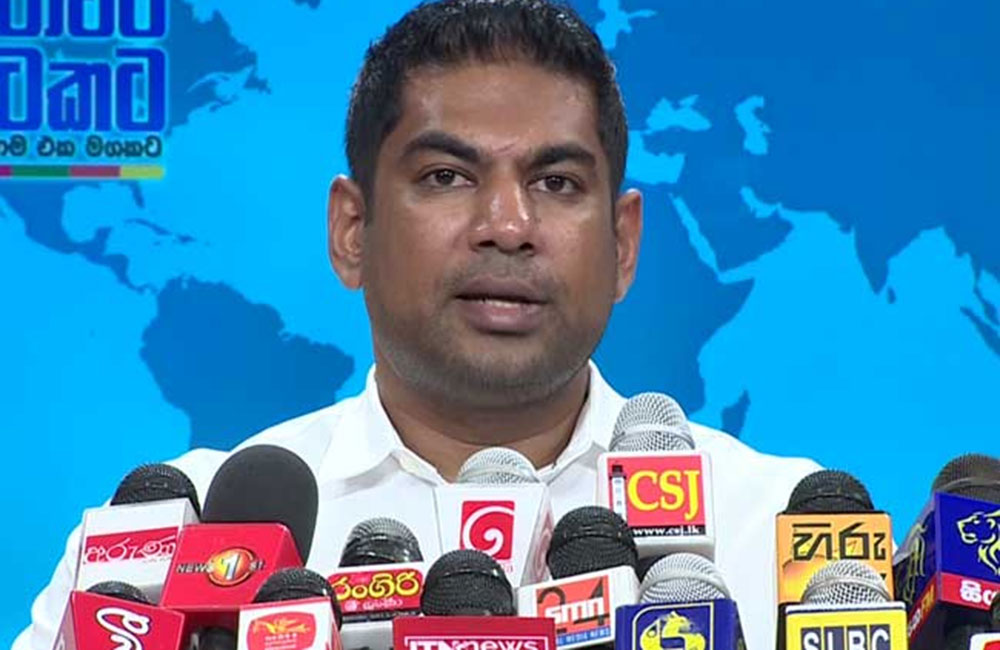
Electricity tariffs to be reduced in January - Minister
Minister of Power and Energy Kanchana Wijesekera has emphasized that electricity tariffs will likely be reduced to earlier rates during the tariff revision scheduled for January 2024, as hydropower is currently being generated at maximum capacity.
Joining a media briefing taking place at the Presidential Media Centre (PMC) this afternoon (19), Wijesekera stated that the previous tariff hike in October was carried out in view of the higher cost of electricity generation due to usage of fossil fuel, prompted by the arid weather conditions.
“However, the weather conditions have now changed. As we received rainfall during the past two months and the rainfall is expected to continue for two more weeks, the Ceylon Electricity Board (CEB) has informed us that the electricity tariff can be revised. During the tariff revision, the increased tariff can be reduced”, he said.
He mentioned that accordingly, the government will be able to provide some relief to the public during the next tariff revision in January, after taking into consideration the balance sheets of the CEB in December.
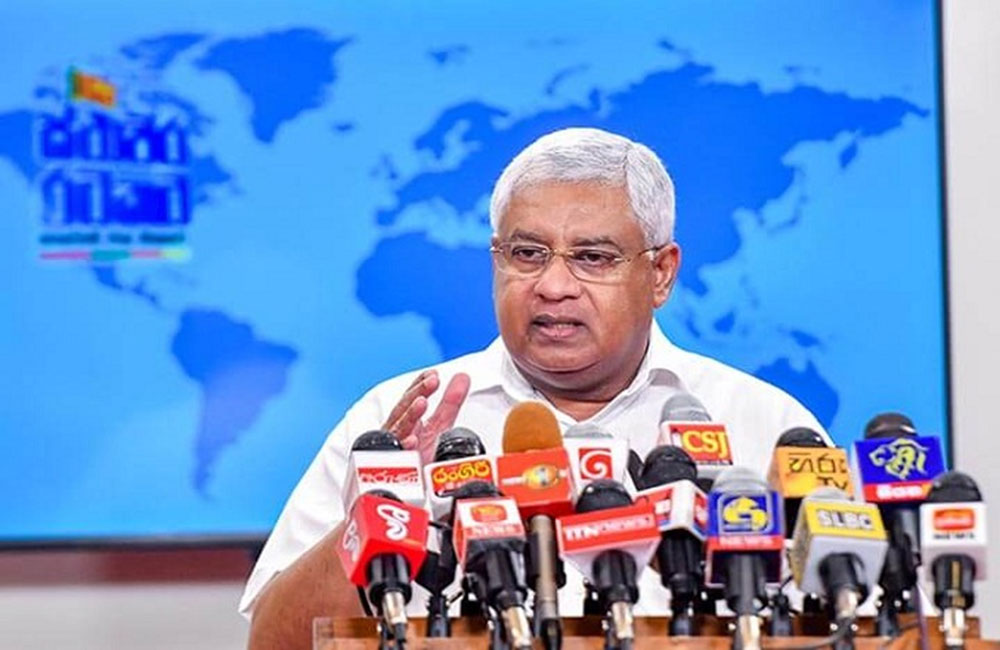
Sri Lanka takes aim at underworld, drug networks in Operation Yukthiya
Public Security Minister Tiran Alles declared the successful takedown of a major drug distribution network, resulting in 8,451 busts over the past four days.
"Our aim was to dismantle the very web that distributes these poisons," Tiran Alles stated, addressing the nation. "Through meticulous intelligence gathering, a comprehensive list of targets was compiled. Within these past four days, we have apprehended 731 individuals directly linked to this network."
Sri Lanka launched a nationwide operation codenamed "Yukthiya," meaning "Justice," in December 2023 to combat the growing menace of drug trafficking and underworld activity.
Within the first four days of the operation, Sri Lankan authorities apprehended over 8,000 suspects across the country. This includes individuals involved in drug trafficking, underworld activities, and other criminal offenses.
Large quantities of various drugs, including heroin, ice, cannabis, and narcotic pills, have been confiscated during the operation.
Authorities have also frozen and seized illegal assets worth millions of rupees belonging to suspected drug lords and underworld figures.
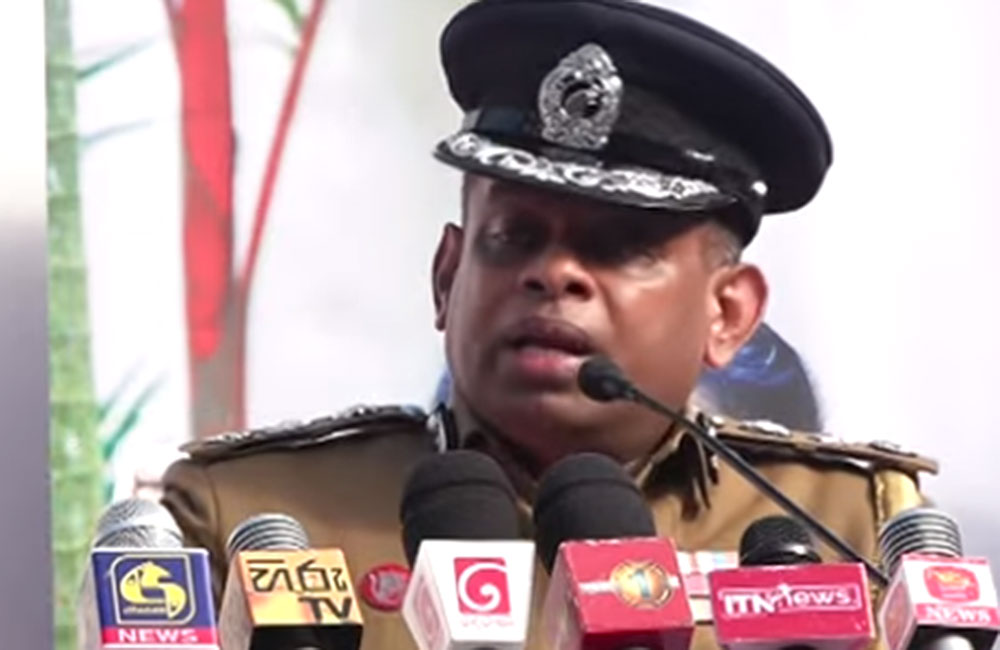
Acting IGP instructs to remove activities harmful to children near schools
The Acting Inspector General of Police (IGP) Deshabandu Tennakoon has instructed to take necessary measures to inspect and remove all activities that could be harmful to children within 500 metres of schools, before the start of the new school term in February 2024.
“There is a discourse within the society regarding certain things within and surrounding the schools that are unsuitable for children. Yesterday I ordered the high-ranking police officers across Sri Lanka to remove all places that sell, distribute or propagate activities harmful for schoolchildren, which are located within a 500-metre radius of all schools”, Tennakoon said.
“When the next school term commences in February following the term holidays, I will not allow any such operations to continue in this country”, he said speaking during an event.
He further highlighted that strict action will be taken against such activities and establishments.
The Acting IGP also stated that measures will be taken to remove all the things that unfavorably affect the school environment, by using the powers of Sri Lanka Police.
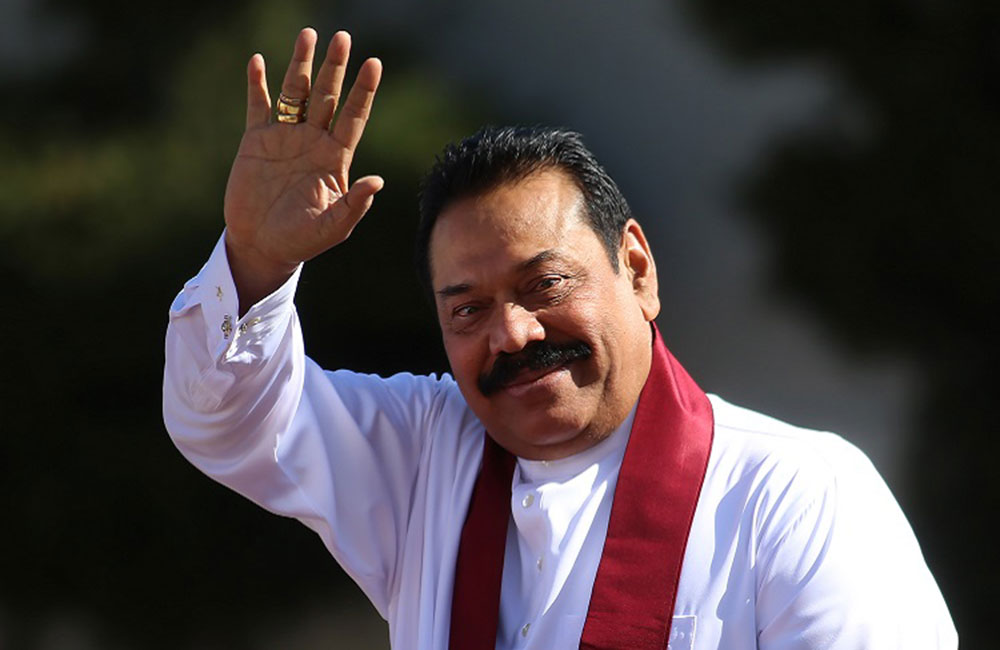
Mahinda Rajapaksa Seeks Stability, Backs Tax Cuts
Former Sri Lankan President and Leader of the Sri Lanka Podujana Peramuna Mahinda Rajapaksa said that the SLPP which he leads is a part of the government.
However, Rajapaksa noted that the present Head of the Government and Head of State is the leader of a different political party with different policies.
Mahinda Rajapaksa said that at this moment, the primary duty of the SLPP is to ensure a stable government until the next national elections.
Rajapaksa pointed out that around 40 professional associations and trade unions representing vital sectors of the economy and the public services have been agitating for a reduction in income taxes for many months.
In the meantime, the high tax burden has precipitated an exodus of educated and highly trained professionals from the country giving rise to a new crisis, he said in a statement on Wednesday (20).
Mahinda Rajapaksa went on to note that following increases in the VAT through the budget for 2024, tax policy is set to become a major political issue in 2024.
He said that the call to reduce taxes is based on solid economic principles.
Mahinda Rajapaksa went on to note that low taxes was a cornerstone of my government’s policy and it made a major contribution to the unbroken nine year economic boom that this country experienced between 2006 and 2014.
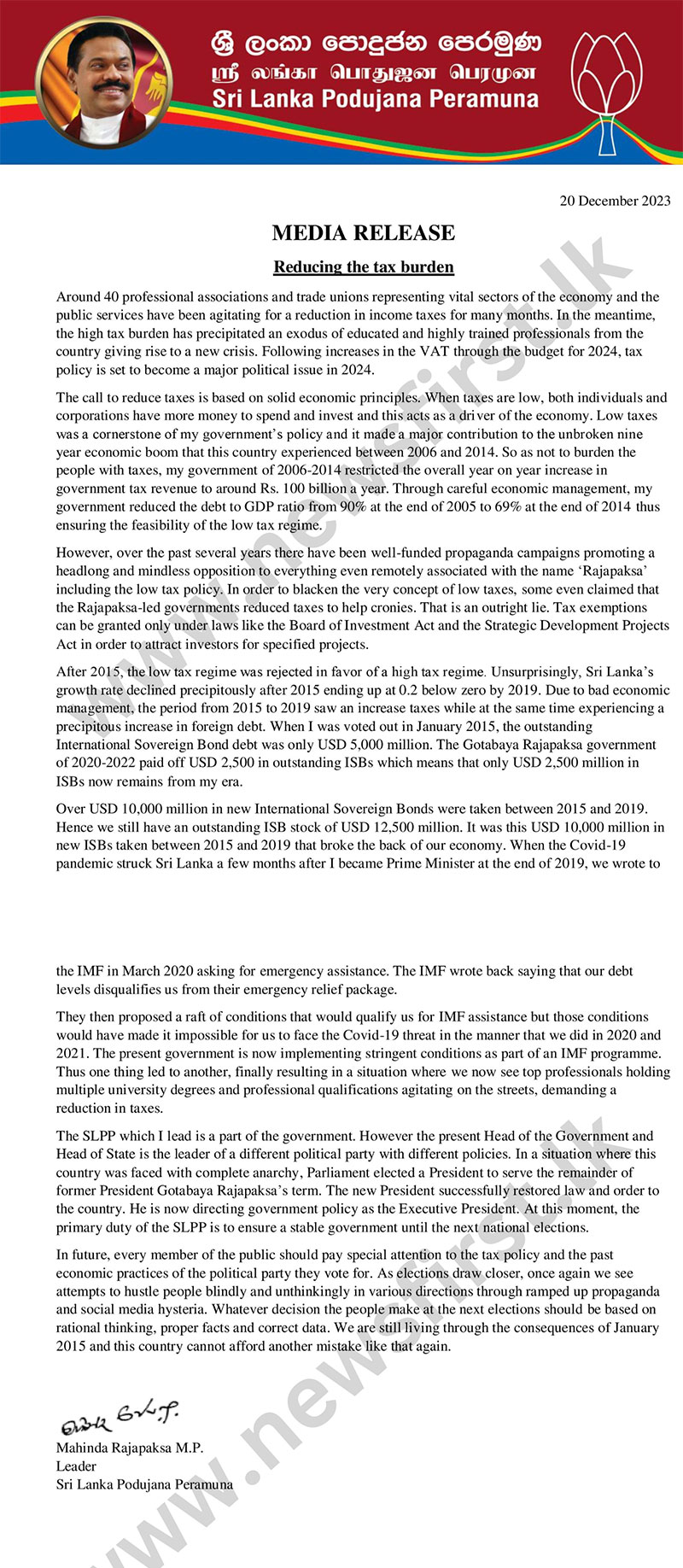
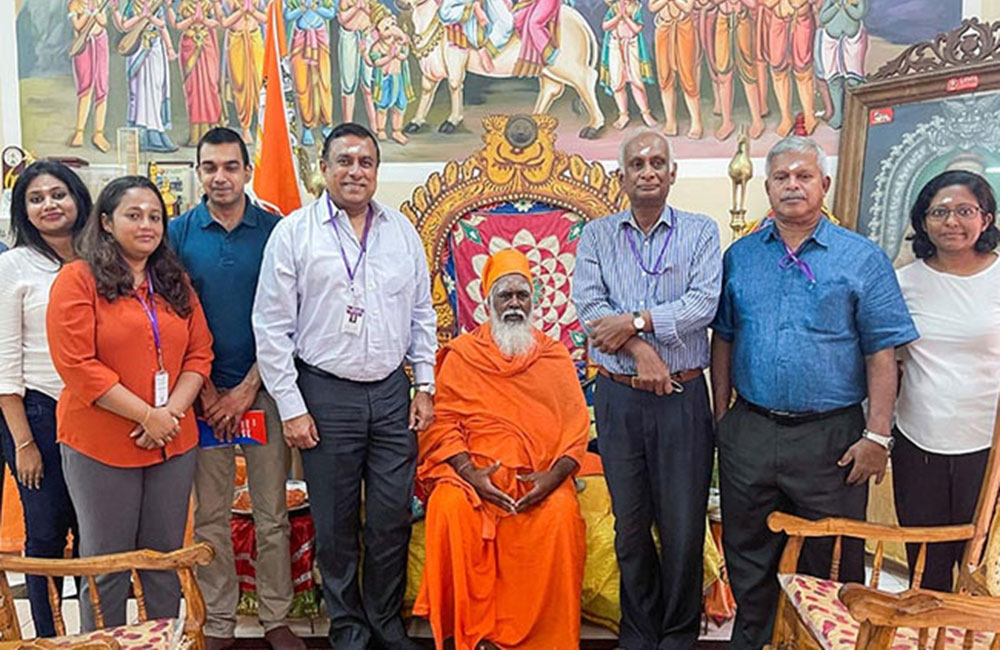
Interim Secretariat for Truth and Reconciliation Mechanism holds public consultation in Jaffna
The Interim Secretariat for the Truth and Reconciliation Mechanism (ISTRM) has successfully commenced its ‘National Provincial Public Consultations’ from the Northern province, Jaffna.
The ISTRM convened with key stakeholders, including civil society organizations, religious leaders, senior professors and lecturers’ from the University of Jaffna, grassroots communities, women’s rights movements from December 10th to December 12th, the President’s Media Division (PMD) said.
The ISTRM delegation’s visit to Jaffna was aimed at gathering insights and recommendations to formulate a sustainable framework for national unity and reconciliation. Discussions included a comprehensive examination of community challenges and key issues that have been an impediment towards building sustainable peace and reconciliation.
Officials of the Interim Secretariat held a comprehensive consultation with prominent religious figures, including Chief Priest at Nallur Kovil Maikundal Swami Kurukkal, Bishop of Jaffna Diocese Rt. Rev. Dr. Justin B Gnanapragasam,Ven. Damika Thero of the Jaffna Naga Vihara.
The religious leaders conveyed the expectations, views and concerns of the public and offered prayers and blessings for the success of reconciliation activities, emphasizing the importance of ethnic harmony in the country, it added.
During the interactions, Director General of ISTRM Dr. Asanga Gunawansa briefed the religious leaders and all participants at the consultations on the activities of the Interim Secretariat and provided insights into the operations of the Independent Commission for Truth, Unity and Reconciliation which is to be established by an Act of parliament.
With the objective of building an inclusive policy framework for national unity and reconciliation, the Interim Secretariat also gathered views from various stakeholders, including civil society organizations, Senior Government Officials of Jaffna, Senior Academics from the University of Jaffna, professional experts, and representatives of Youth Groups and Women’s Rights movements. These consultations aim to ensure a comprehensive understanding of the perspectives and concerns of diverse segments of the community.
Executive to the Director General and Legal Ashvini Hapangama, Head of the Secretariat’s Policy Division Dr. Yuvi Thangarajah, and senior officials from the Public Relations and Policy division of the ISTRM were present during the comprehensive public consultation process with key stakeholders, according to the PMD.
Page 83 of 534